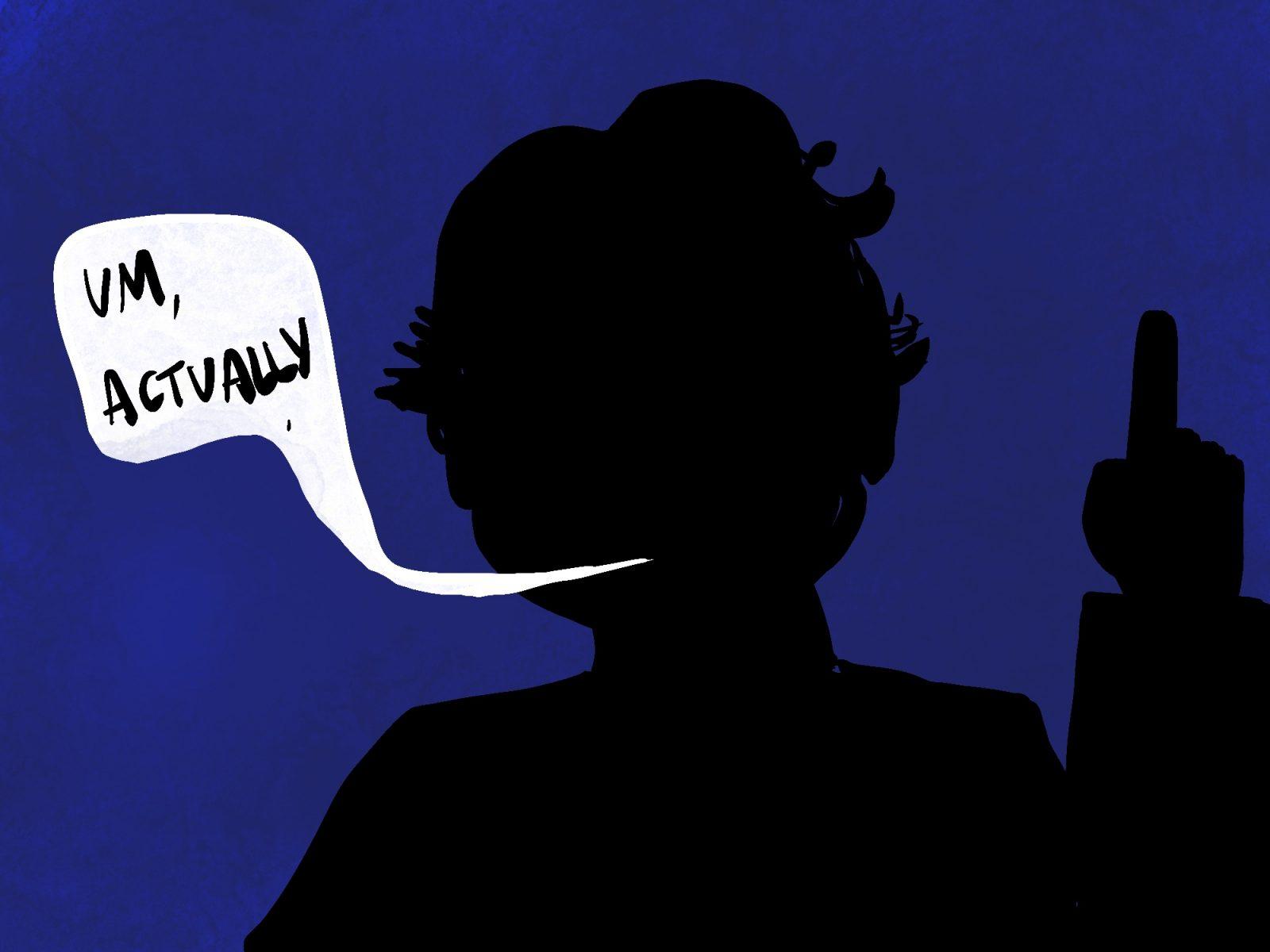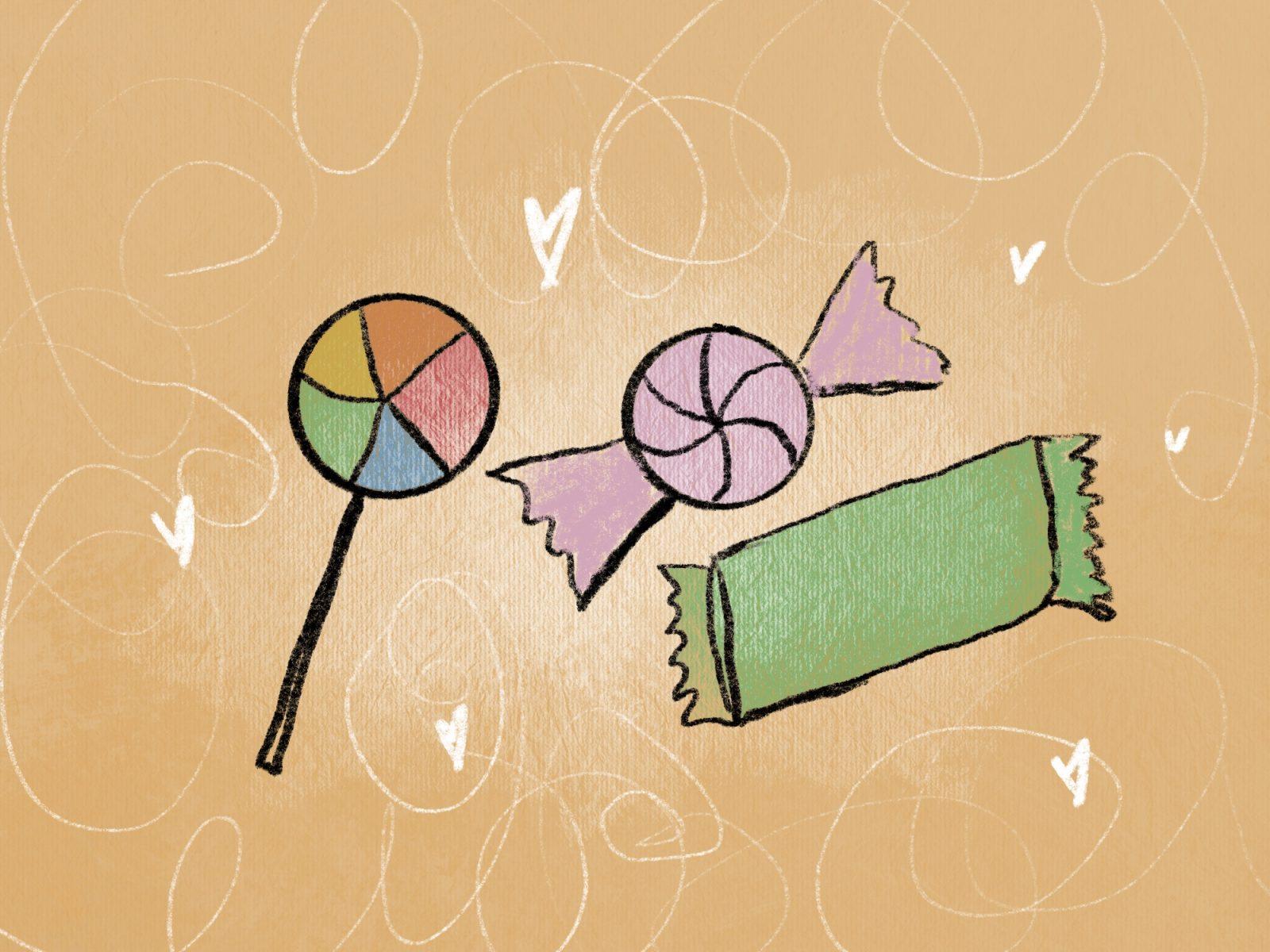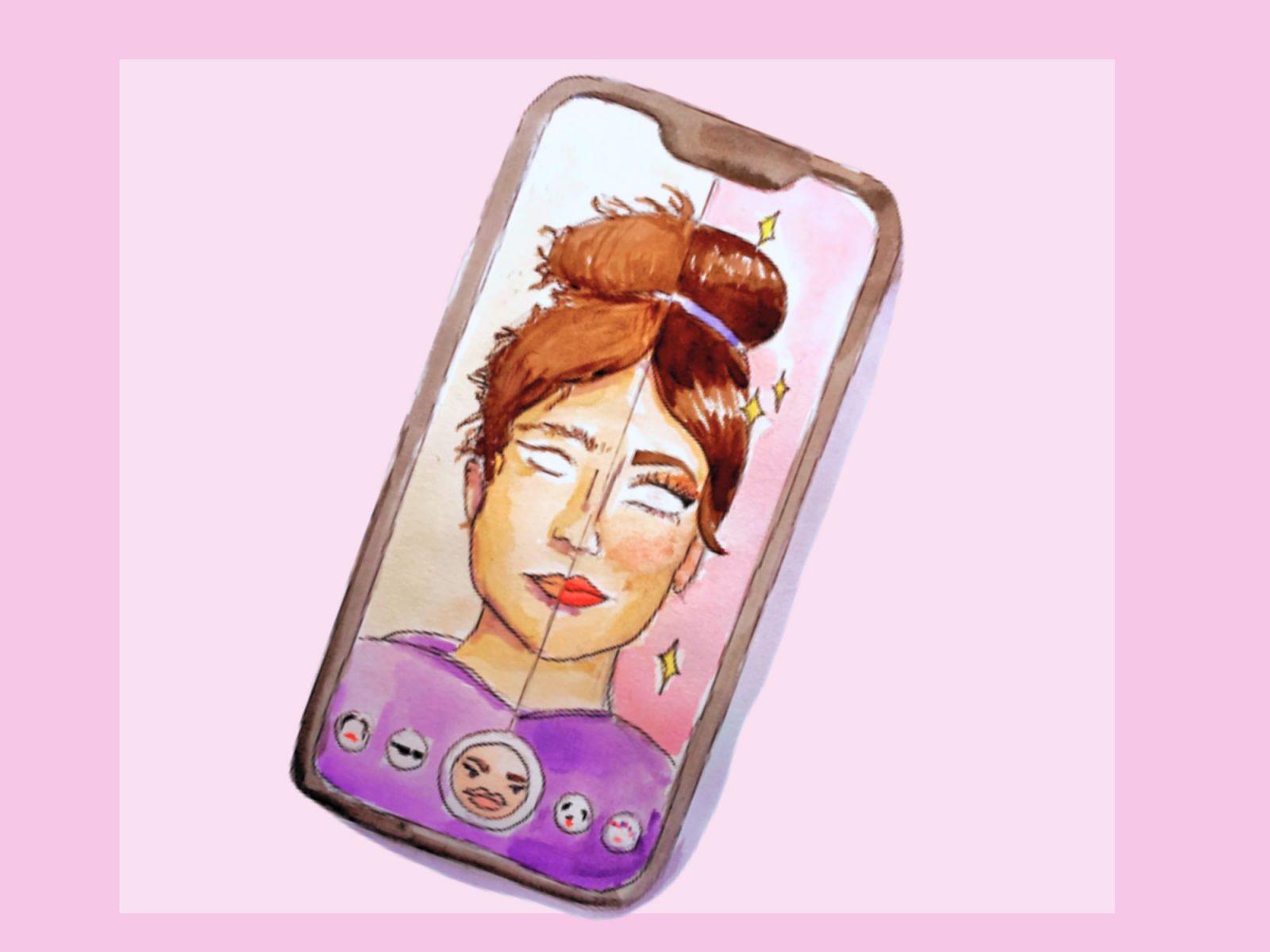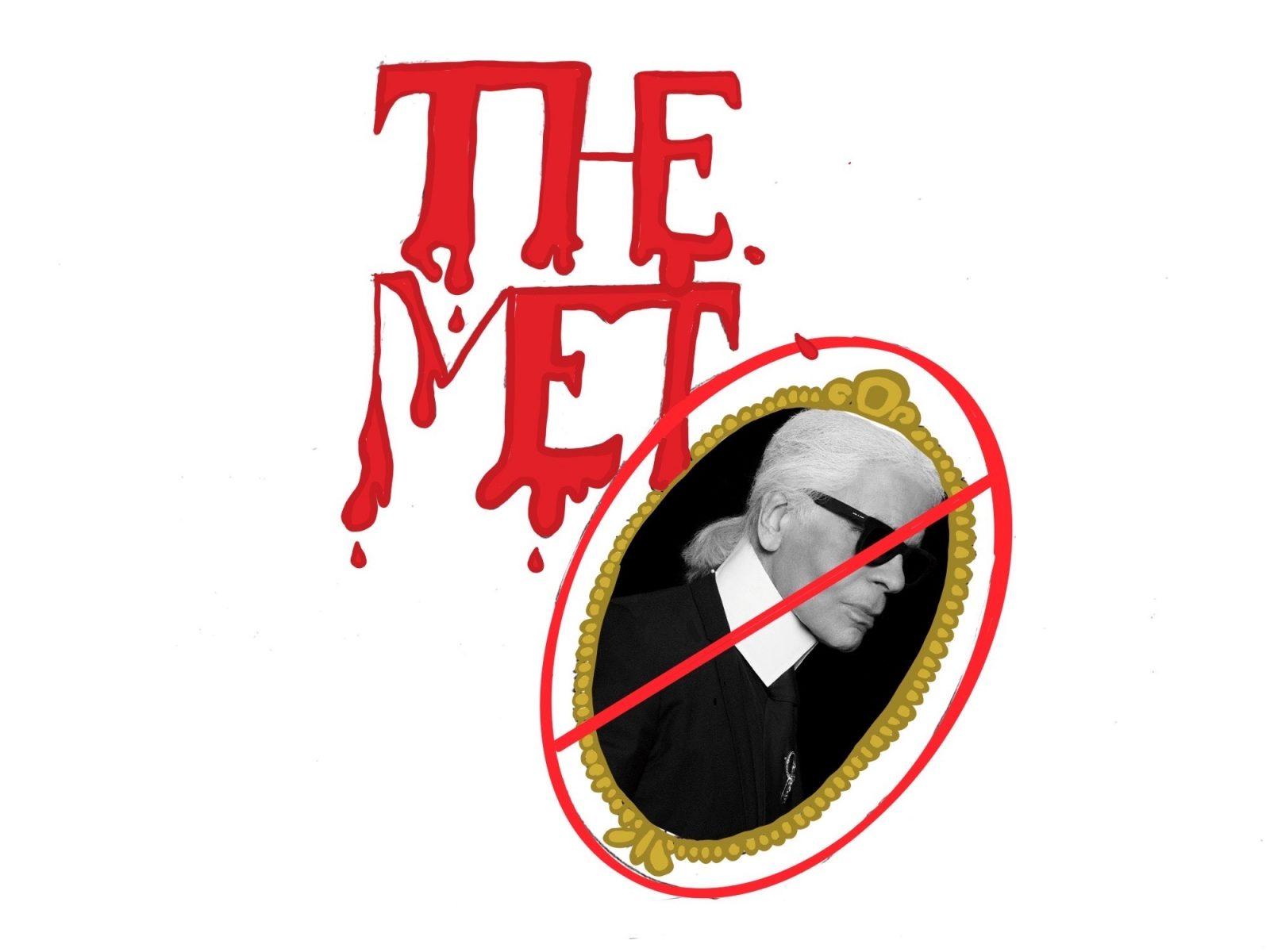Everyone has received the dreaded text message at some point: “You can come. If you want.”

For some people, this kind of text lighting up their phone screen appears as nothing more than a choice as to whether or not they will go to said outing or event. Conversely, for perhaps a not-so-small group of others, this text means only one thing: no one cares if you come or don’t.
It’s possible that your perception of a text like this, whether it be positive or negative, is based on how secure you are in yourself and your popularity — but I would argue that this imposition is one that can be upsetting to even the most outgoing and friendly extrovert.
This half-hearted “invitation,” if it’s even worth calling it that, is impersonal, confusing and, above all, hurtful.
Believe it or not, a mere six-word IMS message or verbal offer can be more damaging to one’s self confidence than a full-blown argument. It creates almost this air of exclusion that screams “I’m going to invite you so I don’t feel like a bad person, but I would rather if you didn’t come.”
Now, you may feel like you’re possibly just obsessing and hanging on to every word — because if they’re really your friend, they would totally want you there, right? To that I would say, maybe not. A reluctance to be firm in whether or not your presence is wanted, is a likely indication that you probably aren’t wanted there that badly — and what’s the point of devoting your time to someone who doesn’t desire and respect it?
Urban Dictionary quite literally defines this text as confirmation that the person you are talking to will not come.
There’s a plethora of online forums and threads that claim to decode what this saying truly means — but honestly, if you have to surf the web to decode whether or not you are invited to the function, you’re better off spending time at a place you’re actually wanted.
Yet, it seems the broader scope of this issue is derived from the fact that we as a generation are too afraid to feel and show our true undivided emotions.
While perhaps their lack of enthusiasm in extending you the invitation comes from them simply just not wanting you there, I would contend that the other half of this coldly-worded sentiment is derived from emotional detachment. For this generation in particular, it seems like many of us are afraid to express excitement, frustration, joy, indifference and much more. But why?
Humans are born with the innate ability to be direct and upfront with how we feel. As toddlers, we start off with the inability to control these emotional extremes — we throw screaming tantrums on the floor of supermarkets, we laugh our heads off over a game of peek-a-boo, we start the waterworks over the most minor inconveniences.
Maybe we don’t need to display such extreme reactions to prove we still have the ability to feel — but why have we become so afraid to express the major tenets of the human personality like joy, sadness, anger and happiness?
The digital revolution and the transition to texting as a main proponent of communication makes turning matters impersonal to a whole new level — and so, we end up with rather lackluster and unenthusiastic communication skills.
Words, whether written or verbal, carry with them a sort of weight that has the ability to both build up or tear down self-confidence — and yes, this includes a six word text too.
It’s rather abstract in theory, but word choice, tone and phrasing matters.
“You’re welcome to join,” “I would love for you to come,” “if you are available please stop by” — it’s really as simple as syntax and tone. I’m a firm believer that extending the olive branch is not an overly complex task, it just takes a little thought and care.
By refraining from showing one another proper appreciation for their existence in our lives, we can easily burn the bridges that form these critical relationships. There should be no fear in feeling deeply, and loving fondly.
No one should have to discern if their presence is important or even wanted. We all need to stop with the apathetic text messages and lukewarm communication if we want to actually have friends to take to the grave with us.
























































































































